Are Smart Solar Light Poles Environmentally Friendly?
In an era where sustainability is at the forefront of our minds, the question arises: are smart solar light poles environmentally friendly? As cities evolve and the demand for energy-efficient solutions grows, smart solar light poles are becoming increasingly popular. Let’s explore their environmental impact and benefits.
Introduction to Smart Solar Light Poles
What are Smart Solar Light Poles?
Smart solar light poles are innovative lighting solutions that harness solar energy to power LED lights. Equipped with smart technology, these poles can adjust their brightness based on environmental conditions and even collect data for urban management.
Key Features of Smart Solar Light Poles
These poles typically include features such as motion sensors, remote monitoring, and energy storage systems. This combination of solar power and smart technology makes them a compelling option for modern urban lighting.
Environmental Benefits of Smart Solar Light Poles
Renewable Energy Source
One of the most significant advantages of smart solar light poles is that they utilize renewable energy. By harnessing sunlight, they reduce reliance on fossil fuels, which is a win for the environment. Imagine a world where our streets are lit by the sun—how cool is that?
Reduction in Carbon Footprint
Since these poles operate on solar energy, they contribute to a substantial reduction in carbon emissions. Traditional streetlights often rely on electricity generated from non-renewable sources, which can be harmful to the environment. By switching to solar, cities can significantly lower their carbon footprint.
Minimal Land Use
Smart solar light poles require minimal land use compared to traditional lighting systems. They can be installed in various locations without the need for extensive infrastructure, making them ideal for urban areas where space is limited.
Energy Efficiency and Cost Savings
LED Technology in Smart Solar Light Poles
Most smart solar light poles use LED technology, which is known for its energy efficiency. LEDs consume significantly less energy than traditional bulbs, providing bright illumination while using less power. This means that even on cloudy days, these poles can still operate effectively.
Long-Term Financial Benefits
While the initial investment in smart solar light poles may be higher than traditional lighting, the long-term savings on energy costs and maintenance can be substantial. Over time, cities can save money while also benefiting the environment.
Smart Technology Integration
Smart Sensors and Automation
Smart solar light poles come equipped with sensors that can detect motion and adjust brightness accordingly. This not only conserves energy but also enhances safety in public spaces. Imagine walking down a dimly lit street, and the lights brighten as you approach—pretty neat, right?
Data Collection for Urban Planning
These poles can collect valuable data on foot traffic and environmental conditions, which can be used for urban planning and development. This data-driven approach helps cities make informed decisions that benefit both residents and the environment.
Challenges and Considerations
Initial Costs and Investment
Despite their many benefits, the initial costs of smart solar light poles can be a barrier for some municipalities. However, considering the long-term savings and environmental impact, many argue that the investment is worth it.
Maintenance and Durability
While solar light poles are generally low-maintenance, they do require periodic checks to ensure that the solar panels and batteries are functioning correctly. Additionally, the durability of the materials used can affect their lifespan, so it’s essential to choose high-quality products.
Conclusion
In conclusion, smart solar light poles are indeed environmentally friendly. They harness renewable energy, reduce carbon footprints, and offer energy-efficient solutions for urban lighting. While there are challenges to consider, the long-term benefits for both the environment and city budgets make them a compelling choice for modern urban infrastructure.
FAQs
How do smart solar light poles work?
Are smart solar light poles cost-effective?
Can smart solar light poles operate in cloudy weather?
What are the maintenance requirements for smart solar light poles?
Do smart solar light poles contribute to urban data collection?
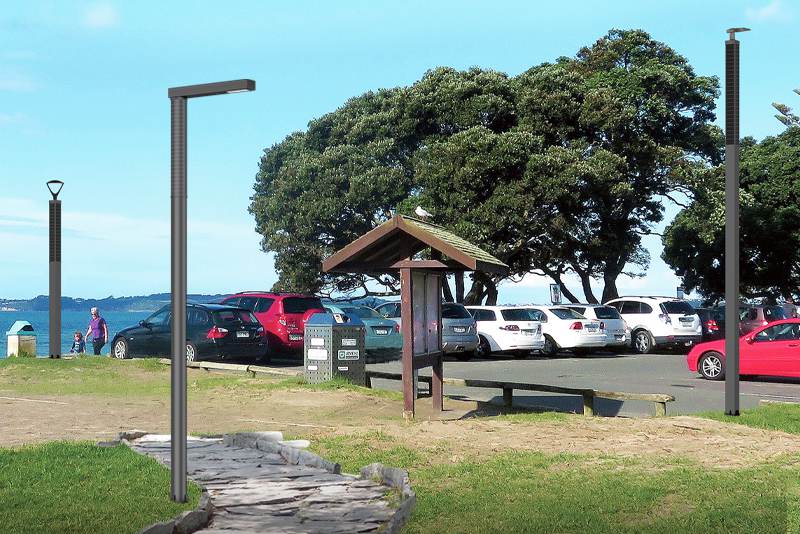
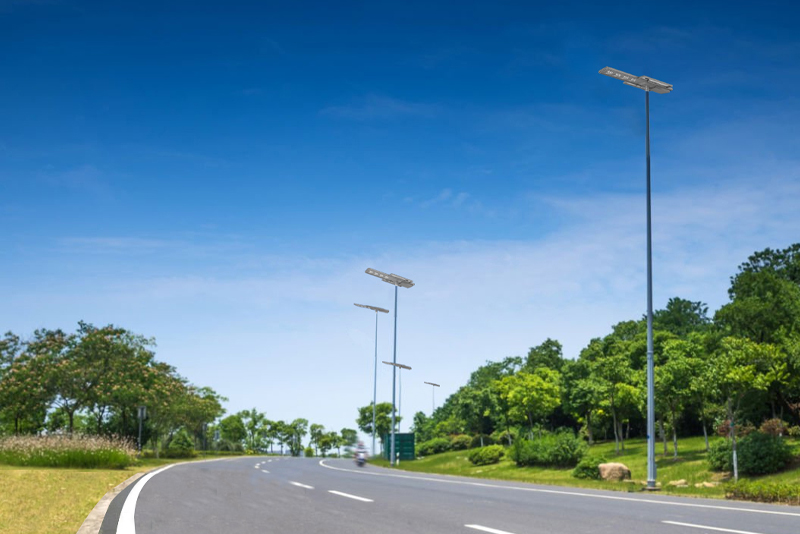
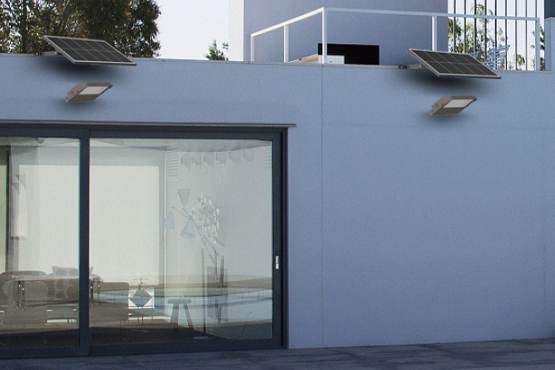
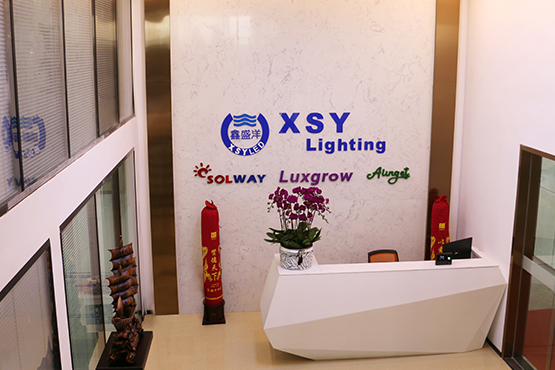
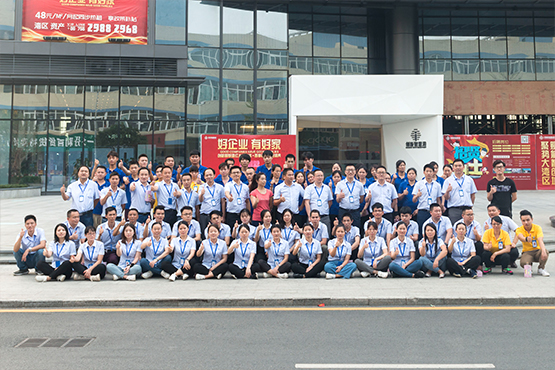

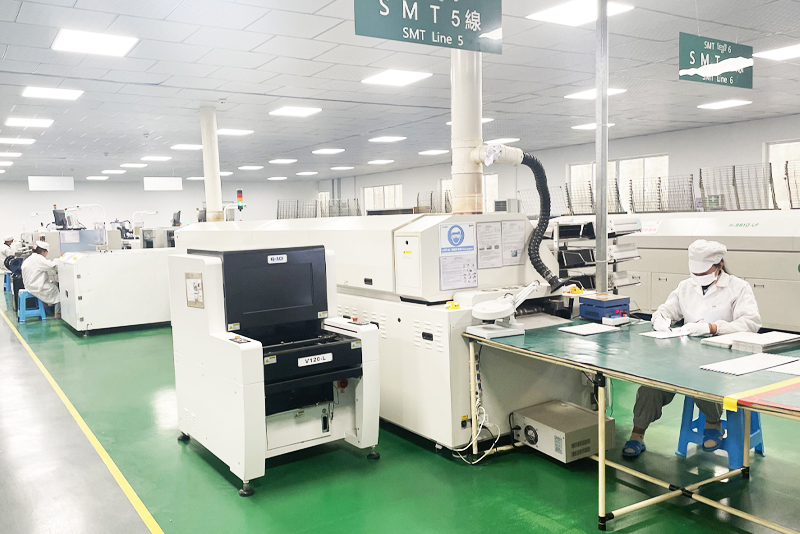
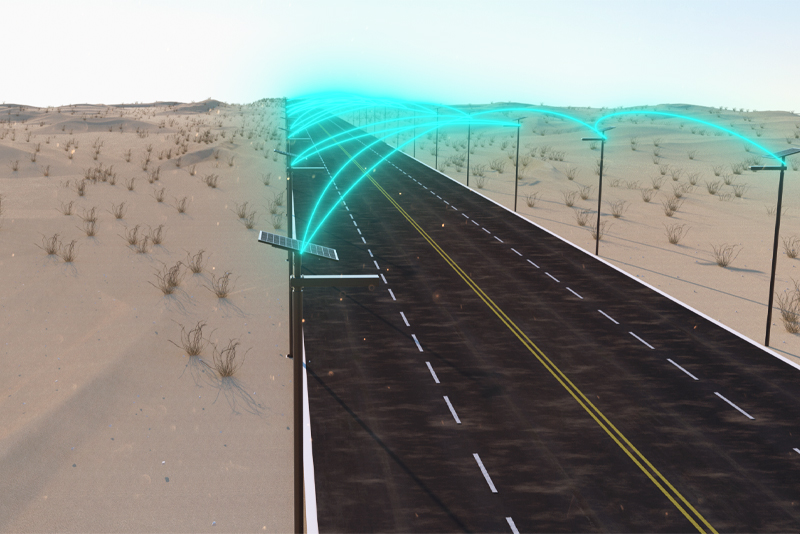
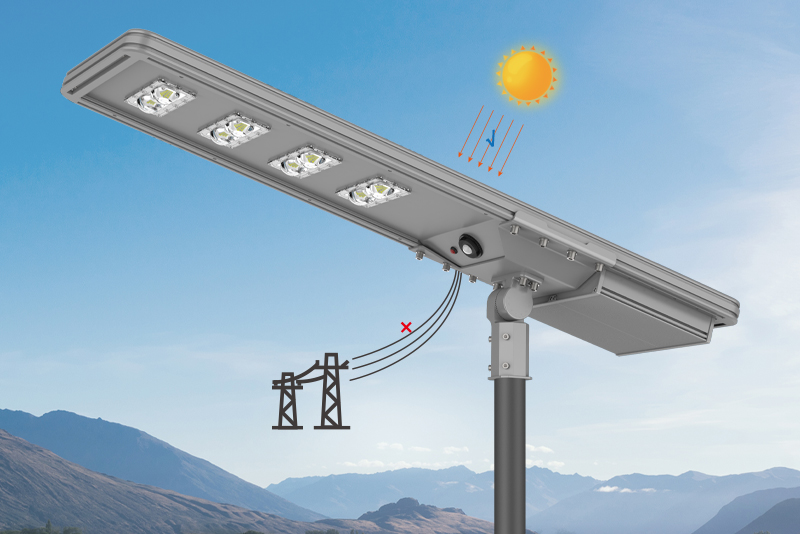
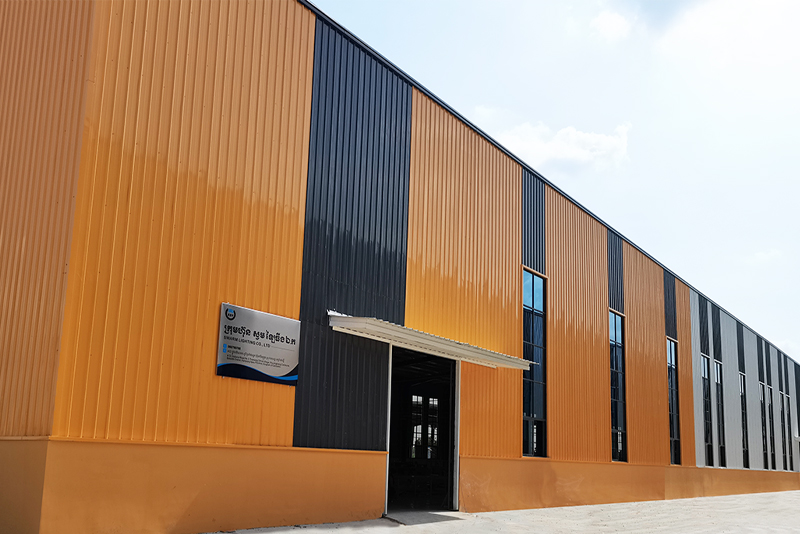
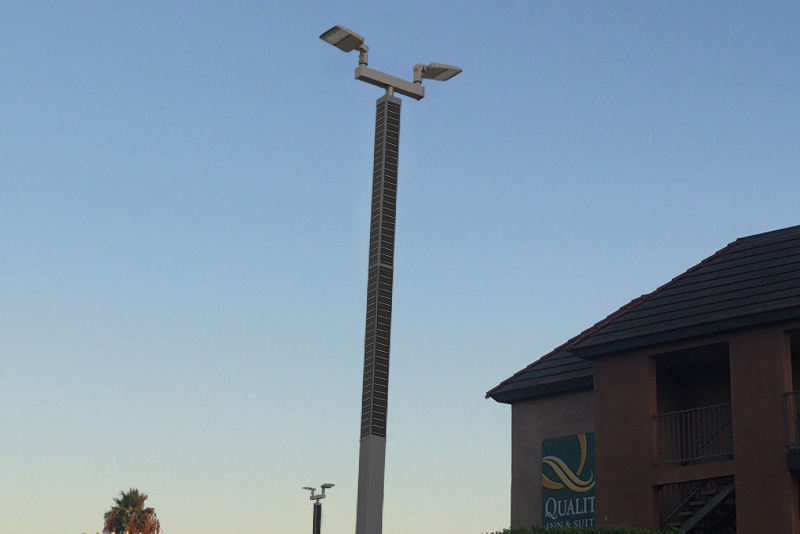
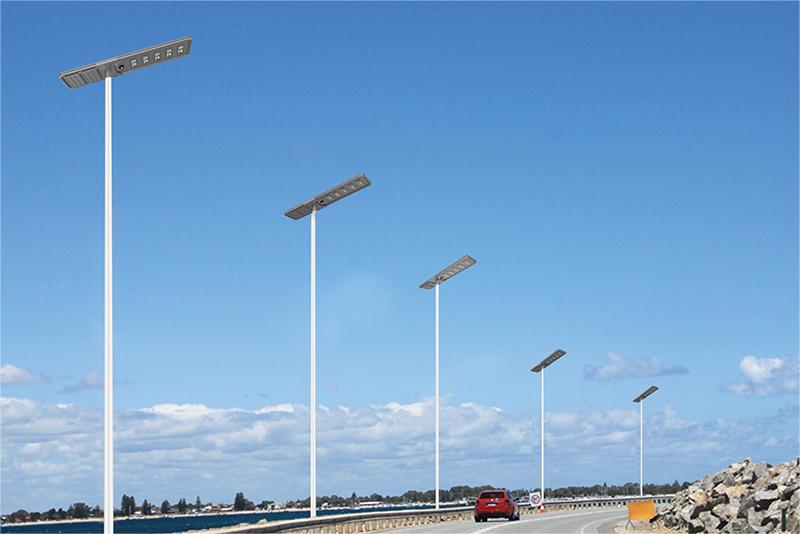
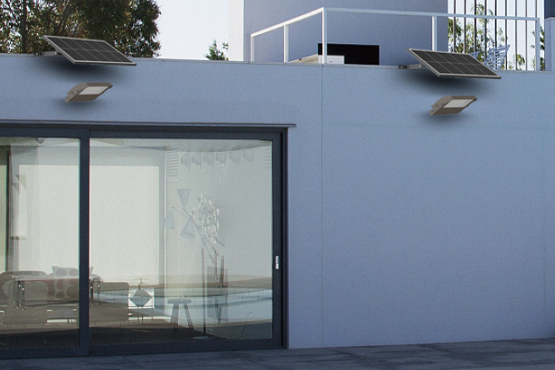






 English
English










 Scan WhatsApp
Scan WhatsApp Scan Wechat
Scan Wechat Scan WhatsApp
Scan WhatsApp Scan Wechat
Scan Wechat Consult Now
Consult Now






